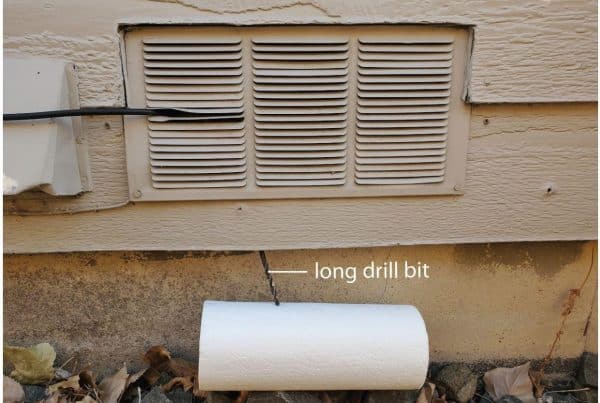Are you ready to purchase your first home? If so, no matter your age or income bracket, there are a few must-do steps that can make the entire process faster and more enjoyable than you might have suspected. Today’s real estate market is already challenging enough, so why not use a success plan to become a homeowner? The steps are simple enough, but some take time.
If you attend to the essential details, you’ll be prepared to walk into the closing meeting with all the documents and information needed. Begin by doing a deep dive into the local housing market to learn about pricing and availability. Next, know what not to do. Moving to a new apartment, changing jobs, or cosigning on a student loan are not wise moves during the preparation period. Finally, get to work on improving your credit scores and saving for a down payment. Here is the pertinent information you need to get started.
Research the Market
The housing market is in a state of turmoil these days, but that’s often the case when the economy is suffering, and the stock market is volatile. The first step in the house hunting process is homework. Spend a few hours of your free time investigating the neighborhoods that interest you. Internet real estate platforms offer a wealth of information about average selling prices, resources for borrowing, crime statistics, and other relevant details.
Determine a price range that you think will be right and a specific geographic zone where you’d like to live. Consider shopping, transportation, schools, HOA (homeowners associations) fees, and other features of the area when evaluating the areas. Consider contacting a real estate agent and looking at a few homes just to get a feel for the price quality tradeoff in the current market. Ongoing research will give you a much clearer idea about what’s available and how much you should be looking to spend.
Think Twice Before Becoming a Student Loan Cosigner
If your child or a family friend asks you to cosign on their college loan application, it’s tempting to assist them with financing their education. In many cases, the borrowers are young and have no credit history to speak of. Having a cosigner is their only way to acquire a four-year degree. However, think about the ramifications of the decision, even if you want to do the applicant a favor.
Not everyone is cut out to be a cosigner. Those who are knee deep in preparing to purchase a home don’t stand to benefit by taking on more debt. In fact, doing so could blow any chance they have to get approved for a mortgage loan. What’s the solution? If someone requests that you cosign on a college loan application, say that you want to think about it for a day or two. Then, review a guide that walks through all the details of the process and explains the potential effects on your desire to purchase a house.
Save
Assume you’ll need to put 20% of the purchase price down when closing. Make a saving plan to reach the goal within two years or more. Don’t forget to check loan programs outside the traditional bank mortgages. That way, you might only need 3%, 5%, or 10% instead of the hefty 20% requirement. Ask a knowledgeable lender about what might be available, especially for first-time buyers. If you meet certain income, credit score, and other criteria, it’s possible to avoid the need to save one-fifth of the purchase price.
Stay Put
Assuming you are renting during the search process, avoid moving. Even a year or two at one address looks better on a loan application than several moves in a short time span. Lenders take many factors into account when deciding whether to approve an application for a mortgage. A stable residence history is a part of the mix.
Shore Up Your Credit Rating
Take decisive steps to improve your credit score with all three of the major bureaus, Experian, TransUnion, and Equifax. Order the free annual report from each one and scan for errors. Pay all bills on time or a few days early. Don’t apply for new credit while searching for a house. Avoid changing jobs or apartments and keep credit card balances below 30% of their respective limits.








